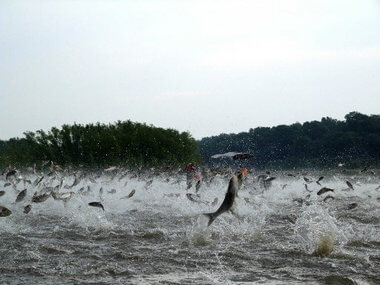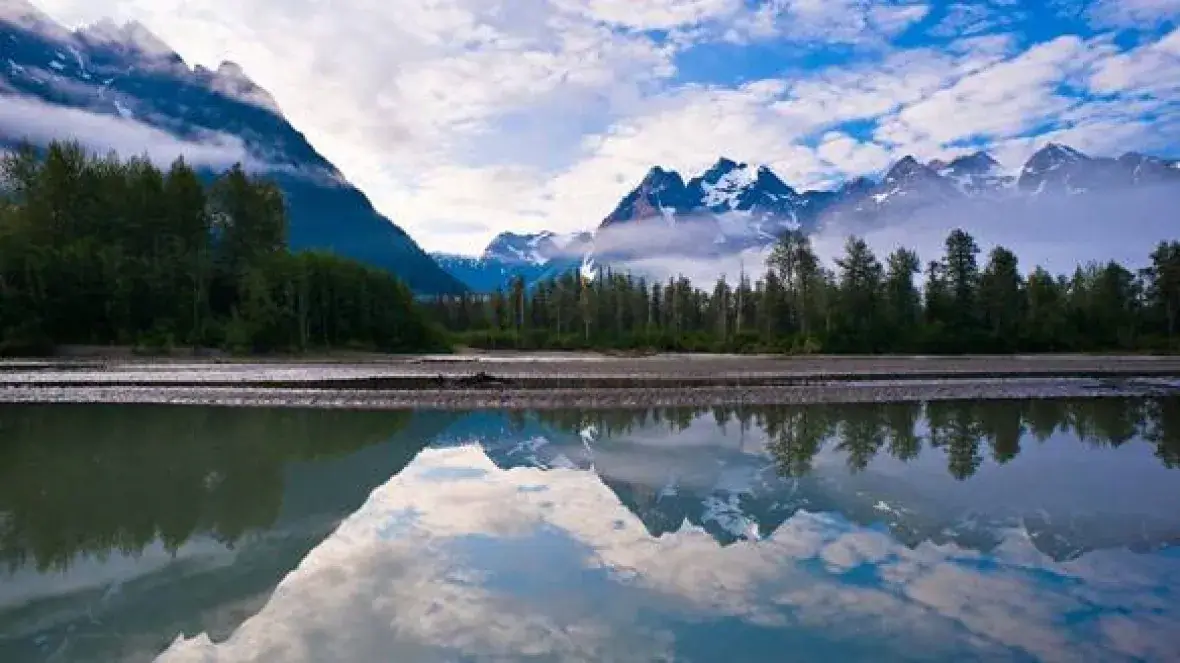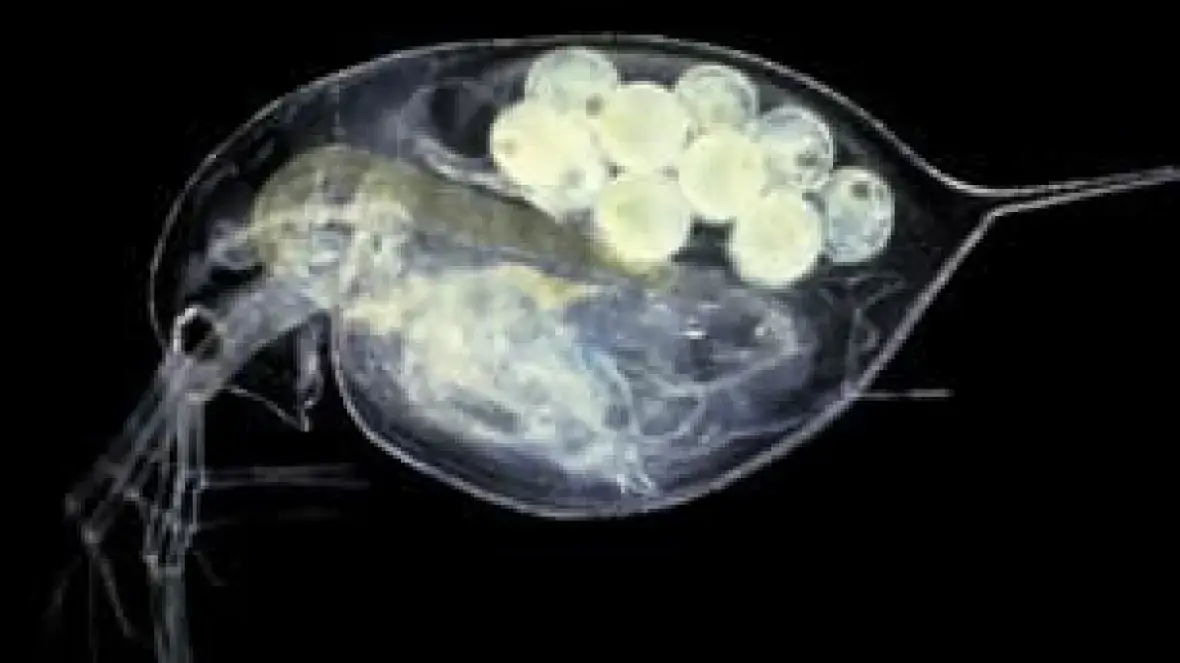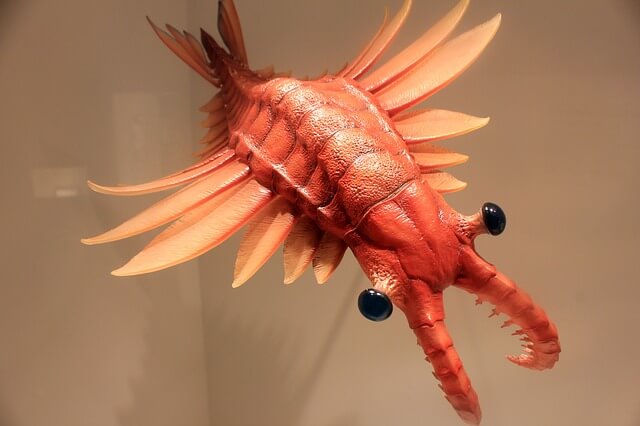
Asian carp threat prompts crisis exercise
It's not every day emergency response experts gather to test their readiness to deal with a fish.
But the Asian carp is no ordinary fish, and so on Friday, a boardroom in the Peterborough offices
of the Ontario Ministry of Natural Resources (MNR) is being turned into a temporary war room of sorts.
It marks the first time government experts have come together to simulate an invasive-species
... read more

Climate change turns conservationists into triage doctors
Deep in the wilds of northern British Columbia, people are trying to imagine what the region's forests, salmon streams and alpine meadows will look like by 2050, when climate change is expected to have drastically altered the ecosystem.
The Taku River Tlingit First Nation and the province are in the midst
... read more

Cormorant debate: Which part of the ecosystem to protect?
Gunshots rang out across Middle Island this month as Parks Canada launched in earnest its controversial five-year plan to protect the Lake Erie island's rare Carolinian forest from a native bird.
While officials hope culling the habitat-altering cormorants will save an ecosystem that makes up just one per cent of
... read more

OLG facial scans to help gambling addicts
Ontario casinos and slots at racetracks are getting ready to introduce a facial
recognition system for people who have identified themselves as gambling addicts,
hoping to help them stay out of trouble. In a project that has received the blessing
of the Ontario Information and Privacy Commissioner, the Ontario Lottery and Gaming
Corporation will install facial
... read more

Tiny water flea, many genes
The tiny freshwater flea Daphnia pulex has nearly 31,000 genes, compared
to our 23,000. The finding is part of a larger report published Thursday
in the peer-reviewed journal Science by members of the Daphnia Genomics
Consortium, an international network of 450 investigators who have been
working on the project for nearly 10 years. It turns out that while more than one-third of Daphnia 's genes have never been seen
... read more

Scientists create first synthetic cell
Scientists have created the first cell controlled by a human-made genome — a step
closer to artificial life that is drawing both praise and warnings of potential
dire consequences. A team from the J. Craig Venter Institute in Rockville, Md.,
announced on Thursday it had created a synthetic bacterial genome that is a copy
of an existing genome. The scientists then transplanted the
... read more

'Fearsome' ancient shrimp had no bite
Earth's first great predator — dubbed a "carnivorous shrimp from hell" — probably wasn't nearly as fearsome as scientists once thought.
In fact, Anomalocaris canadensis didn't have teeth and couldn't even close its jaws, according to new 3-D modelling of the giant shrimp's mouth.
Thought to be one to two metres long, Anomalocaris canadensis roamed the seas about 500-million years
... read more

Rogers faces $10M fine over dropped-call ads
The Competition Bureau is seeking a penalty of $10 million against Rogers Communications
Inc. for ads claiming that its discount cellphone and text service, Chatr, has fewer
dropped calls than its new competitors. The bureau announced Friday that it has begun
legal proceedings against Rogers in the Ontario Superior Court of Justice under the
misleading advertising
... read more

Boreal forests ignored in climate change fight
Boreal forests store more than double the carbon originally thought, yet policy-makers overlook their role in fighting climate change, says a report released Thursday by an international conservation group.
"For reasons that are unclear, boreal forests seem to be the carbon the world forgot," write the authors of a report published by the Seattle-based International Boreal Conservation
... read more

Strong salmon hearts may hedge against climate change
Sockeye salmon with the most arduous spawning journeys have the strongest hearts, an adaptation
that may better their odds of surviving projected rises in water temperature, say B.C. researchers.
Unlike human weekend warriors who risk heart attack with infrequent strenuous exercise, it turns
out sockeye salmon are well adapted to their once-in-a-lifetime return to their natal
... read more

Japan quake hit where seismologists expected it to
The 9.0-magnitude earthquake that struck off the eastern coast of Japan Friday happened exactly
where seismologists expected it would — about 125 kilometres away from shore, in what is known
as the subduction zone between the Pacific and North American tectonic plates. The Pacific plate
off Japan's coast is slowly but constantly sliding underneath the North
... read more

Sinkholes below Lake Huron hold strange ecosystem: researchers
Twenty metres below the surface of Lake Huron, scientists have discovered peculiar sinkholes where a
bizarre ecosystem at odds with the rest of the lake flourishes. The huge lake's freshwater fish shun
the dense, salty, oxygen-deprived waters of these sinkholes off northeastern Michigan.
... read more














